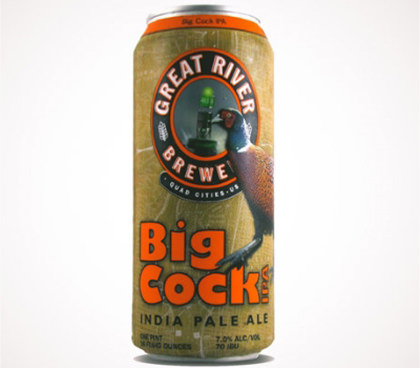I just HAD to make an account JUST to comment on this thread. It's more or less what I've been looking for. A few month ago my girlfriend and I went out to her folks and the backyard was overgrown with 6row Barly of some sort and some kind of wheat from where they had some chickens last yest and the chickens preferred scratch grain thrown about over the layer pellet placed in the drain pan feed pan they had for them. I picked as much as I could that was ripe and dried down, filled an entire large McDonalds bag with the heads. I planned to spread it around the yard here to grow my own grains for making flower and beer with. However I negligently set the bag on the porch, which the kittens tore up and the chickens came and ate.

bummer. But ever since I've wanted to try out the idea of using a scratch grains mix or a livestock sweet feed mix fir making beed. Where I live I think the closest Brewers supply is Chattanooga or Nashville. I don't think even Knocville has one. So I arrived at this thread. And I was not disappointed.
I've never done any brewing before and don't have any of the fancy equipment. But in my research I've found you don't really need it to make a decent beer or wine or mead. After all, they didn't have any of that fancy equipment till the past 50-70 years and beer brewing goes back almost 5000 years. I was just tossing around the idea and looking to see if anyone else had tried it and if so how it turned out.
As far as those ingredient. Limestone and oyster shells are calcium carbonate (basically tums. In another forum I saw both recommended for yeast nutrient), DCP is Dicalium phosphate (fertilizer? Another yeast nutritional supplement. Basically an alternative to DAP which is Diammonium Phosphate), lucerne Meal is is Katunga Lucerne Meal (from what a gather a vitamin E and protien rich legume. So shouldn't hurt), I couldn't find anything on "Broll", Methionine is naturally occurring in high concentrations in beer (why beer is a slug and snail magnet. They're addicted to methionine and studies have shown even given the same food with methionine removed from it they'll starve to death rather than eat it), lysine good, a supplement that supports eye and vision health.
The "lucantin" is this here. Basically it's an almost naturally occurring dye. It occurs naturally but it being extracted or synthesized to be used as a dye may not be natural. Basically it helps pigment the yolks of the eggs a darker redish orange color and gives a healthier color to the skin of broiler chickens. So if you're worries about dye in your beer stay away, otherwise I don't think it should be too harmful. Here's a link.
https://en.m.wikipedia.org/wiki/Canthaxanthin
Looking at the ingredients I would certainly use it. The question though... is you never know which of the ingredients are GMO and GMO ingredients could serve to kill the yeast. And there are many ingredients that don't have to be listed on animal and livestock feeds that can be harmful, but because the FDA and USDA hasn't set a requirement of what is considered a "safe" level for the animals ir a requirement that they be listed... there could be many not good things lurking in the dark shadows.
To me though? Death and taxes. You can't win no matter what you do. might as well make some cheap beer to go along with it all.
I might give this a go using some herbs or spices or other ingredients as hops substitutes to get a hop like flavor (not a fan of happy beers myself) and a few other ingredients to see what I get. I'm probably Connally start small with a couple 5gal buckets and see how it goes.
Should I try separating out some of the barly to malt (germinate) before giving it a go? Or has anyone tried using pineapple and raw honey as malt enzyme substitutes?
And I'm a little confused about malts and toasted Mal fats. Like I understand what they are and how to toast grains. But I thought once germination started you wanted to dry them out to stop the sprouting process but didn't want to heat it beyond a certain point to keep from killing or altering the structure of the enzymes?
I'll be 100% honest. Trying to figure out a way to make my own beer with a little cost as possible, and a trip to the grocery store and feed store. There is a way to do it. I just gotta figure it out.

























































